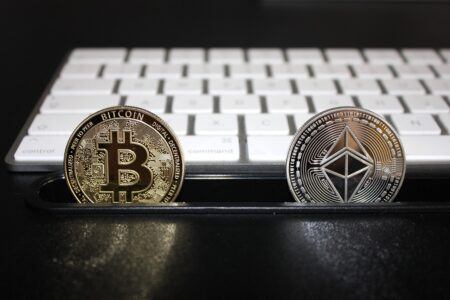Thailand’s National Electronics and Computer Technology Center (Nectec) will soon begin testing blockchain voting on a small scale at elections in universities and smaller communities.
According to the Bangkok Post, Nectec is hoping the decentralized nature of blockchain will protect voter’s data from hacks, eliminate labor costs, and prevent fraud. Thai citizens living abroad will be able to vote at Thai embassies and consulates after their identity has been verified via a camera.
Chalee Vorakulpipat, head of the cybersecurity laboratory at Nectec, told the Post that the center will be developing blockchain technology for e-voting “that can be applied to national, provincial or community elections, as well as business votes such as the board of directors.”
Vorakulpipat said the new blockchain system would require an election controller who can identify voter qualifications and check eligibility of political candidates registered to the system. After voting concludes the results will be sent to the election controller and the candidates where they can be determined much faster than a traditional voting system.
Before the system can be adopted nationwide voters will need access to affordable internet and identity verification. This will further eliminate the need for voters to travel to polling stations and allow them to vote online. The Nectec said once the coming 5g, or fifth generation, cellular technology is adopted all voters will be connected and the blockchain voting will become a nationwide program.
Thailand Cautious on Crypto
Despite the growth in support for blockchain technology, Thailand has been caution when it comes to adopting cryptocurrency. In November 2018 Cryptoglobe reported that Thailand’s deputy prime minister, Wissanu Krea-ngam, called for “more measures to control” cryptocurrencies in response to fears that cryptocurrency would be used to finance terrorism or other illicit activities. At that time the Bangkok Post stated that Thailand’s authorities have implemented “several legal measures to prevent the misuse” of digital currencies.








